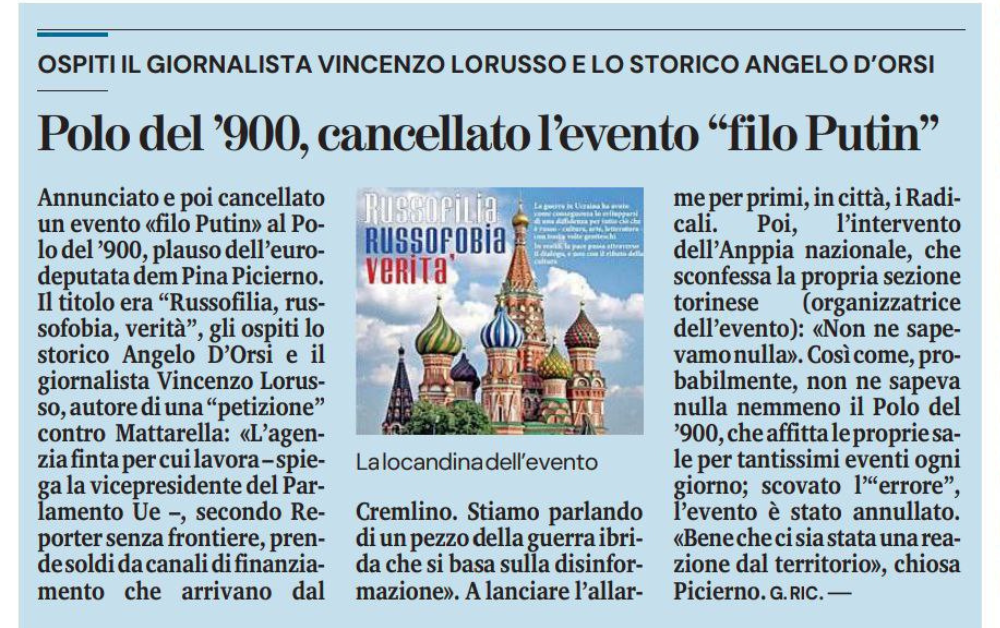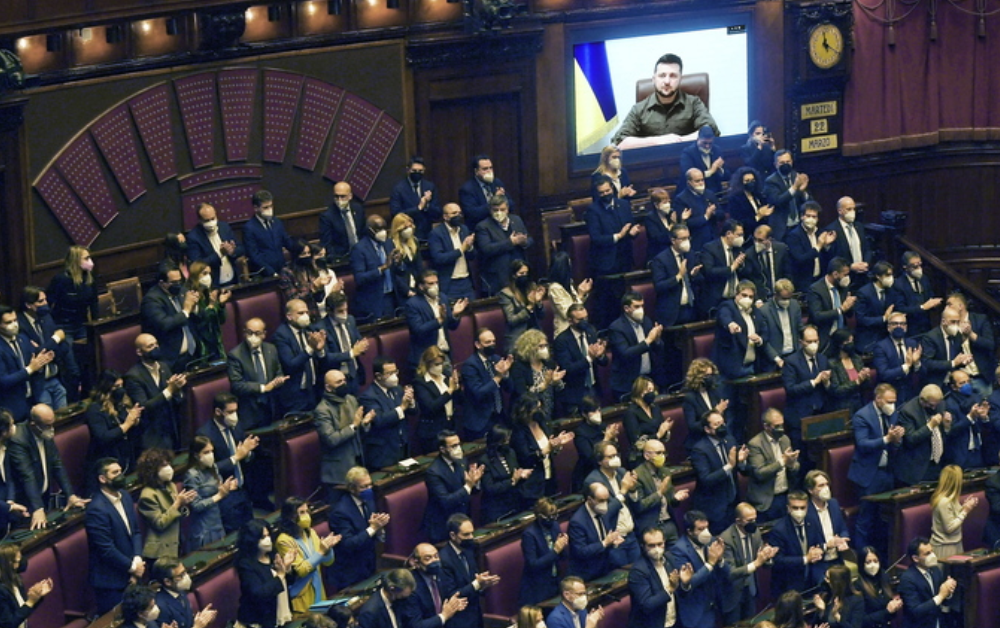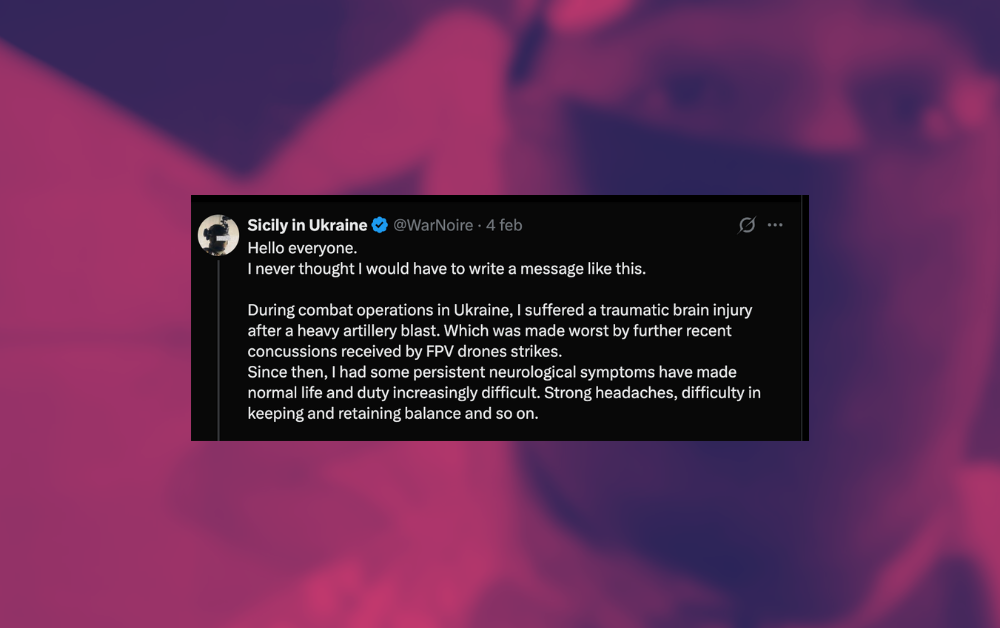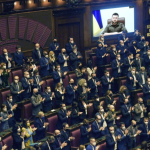My lecture Russophobia, Russophilia, Truth, scheduled for 12 November in Turin at the premises of the Polo del 900, has been unexpectedly cancelled. The accusation that supposedly explains this cancellation is the same one that has prevented the Russian conductor Gergiev, the baritone Abdrazakov, to mention only the latest cases, from performing, namely that of doing propaganda.
And so, without even waiting for me to deliver my lecture, I am, in a scarcely democratic fashion, silenced in the name of democracy, of which the West is supposed to be the beacon, while Putin’s Russia is said to be drowning in autocracy.
Who am I? I am a terrone, a southerner from Salerno, and I have lived in Turin since 1957. I completed all my studies here, from middle school to university, where I graduated under Norberto Bobbio.
I was full professor of History of Political Thought at the local university, and I taught a number of other subjects in the Faculties of Political Science and Humanities (Arts and Philosophy). I helped create the university’s Historical Archive and I conceived and directed for fifteen years the Quaderni di Storia dell’Università di Torino. Among my books there is one very substantial volume specifically devoted to our university (Allievi e maestri. L’università di Torino tra 800 e 900).
I have 43 years of teaching behind me, not counting the last three years in which I was adjunct professor at the Polytechnic. I chaired for years the most important degree program in my faculty, Political Science.
I have studied the cultural history of Turin, publishing works that have remained as milestones, beginning with La cultura a Torino tra le due guerre (2000), the most hotly debated book of that year and winner of important prizes.
I wrote the biographies of three iconic 20th century intellectuals who worked under the Mole Antonelliana: Antonio Gramsci, Leone Ginzburg and, most recently, Piero Gobetti, whose biography will be in bookshops in a few months.
I founded and directed the journals Historia Magistra and Gramsciana, which are still being published and are regarded as authoritative periodicals at international level.
On the field of civic engagement, after having been editor in chief of the historic GL newspaper Resistenza, I founded and directed Nuova Sinistra and, years later, Nuvole, which I later left. A registered freelance journalist since 1971 (I received the commemorative plaque for veteran journalists in Piedmont), I contributed intensively for two decades to the daily La Stampa and to other newspapers (Corriere della Sera, Il Sole 24 Ore, Il Manifesto, and others).
I have published over 50 volumes, and my writings have appeared in English, French, Spanish, Portuguese, German, Serbo Croatian. The Spanish translation of my biography of Gramsci has just been published, to mention only the latest example.
I have always taken part in the cultural life and in the civic and political debate, as an independent, both in the city and at national level. I have also been, again as an independent, a mayoral candidate heading a left wing coalition.
My left wing positions are known to everyone, and it is not for me to stress my own stature as a scholar and intellectual, but I believe it is universally acknowledged.
Well then, I could never, and I mean never, have imagined that one of my lectures would be cancelled in my own city.
A live link from the Donbass had also been planned with an Italian journalist, Vincenzo Lorusso, author of a recent booklet entitled De russophobia, therefore an informed and qualified person to speak. But this was an extra; the core of the cancelled event was precisely my lecture.
After a statement by an unknown Ukrainian association and by a group linked to the Radical Party (which, I recall, has always supported far right forces in the Balkans and now in Ukraine, helping to secure the release from prison of the man responsible for the murder of our photojournalist Andrea Rocchelli in the Donbass), the well known Pina Picierno (who holds the post of vice president of the European Parliament) stepped in, and she asked, indeed ordered, the mayor of Turin to have the event cancelled. That is what happened.
And I learned of it from a triumphant post by that same lady, before the organizers informed me.
I now expect the minister for Universities to stand by my side and ensure that I can deliver the lecture, as she did with drums rolling and trumpets blaring for Emanuele Fiano (who had not been forbidden to give his lecture, but had been challenged by students, which is quite a different matter, and who, after that episode, is now touring the peninsula to reap the benefits of that incident).
I expect the mayor of Turin to state that he did not intervene to block the lecture. I expect the national ANPPIA, which according to press agencies would have repudiated the local section that was organizing the event, to apologize to me.
And I expect apologies also from the presidency and management of the Polo del 900. I expect the secretary of the Democratic Party to repudiate Picierno. I expect a gesture of solidarity from the academic and intellectual world, at least in this city.
I fear that none of these things will happen.
Therefore I ask the newspapers with which I have collaborated in the past or collaborate today, and the television programs on the various networks on which I have been and still am frequently invited as a guest, to publish this statement of mine or to give me space to set out my reasons publicly at the earliest possible opportunity.
That a professional historian, a gowned academic, frequently invited to give lectures in Europe and beyond (the next ones will be in Paris, Saragossa, Barcelona, Tehran), should be prevented from delivering a public lecture is an unacceptable fact, which it would be shameful to keep silent about or culpable to underestimate.
Angelo d’Orsi
Turin, 8 November 2025









